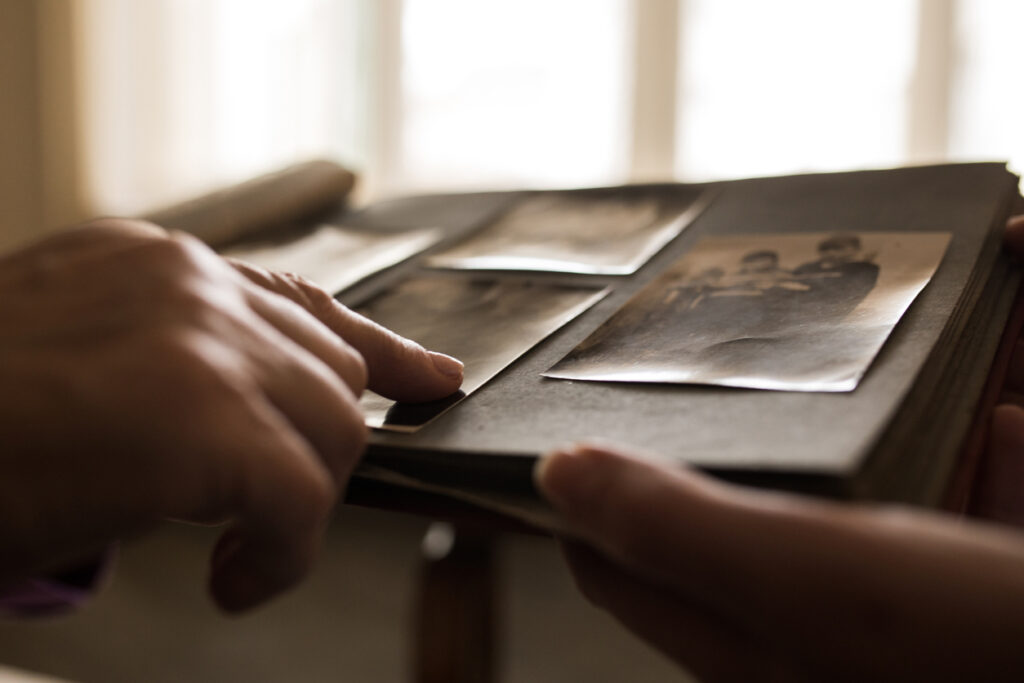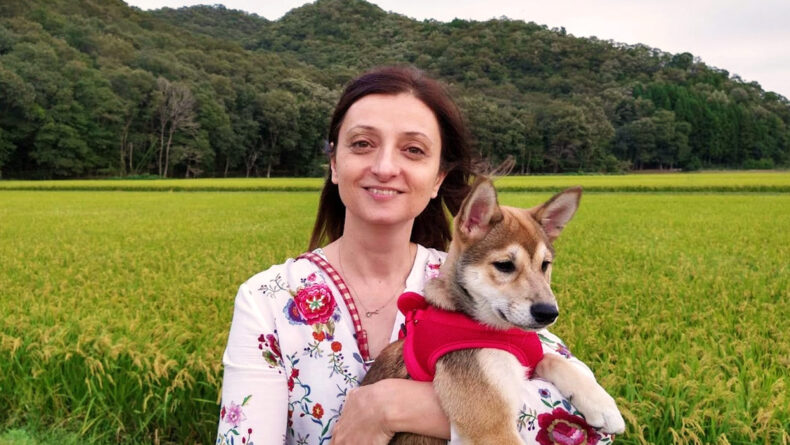Processing Overseas Loss And Grief As An Expat
Advice From Therapist Dr. Mira Simic-Yamashita
Grieving from halfway across the world is a heavy feat. Savvy Tokyo spoke with Dr. Mira Simic-Yamashita for some insight on dealing with expat grief.
Living overseas can sometimes feel like a complete detachment from reality. In a city as thrilling as Tokyo, it’s easy to get swept up in the excitement and adventure of immersing ourselves in a new culture. Meanwhile, life back in our home country feels as if it stands still.
Unfortunately, for many, that blissful bubble can burst with one dreaded phone call—a loved one has passed. Suddenly the city that we’ve come to call home becomes the loneliest place on earth. The rush of mixed emotions is impalpable. We’re hit with grief, heightened by the distance from family, regret for not spending enough time with them and guilt for selfishly choosing life as an expat.
Dr. Mira Simic-Yamashita, a psychologist and therapist based in Kobe, gives us advice on how to overcome these feelings.
What’s the best way to get past the guilt of missing out on time spent with a loved one before their passing?
One way of overcoming grief is instead of focusing on what you didn’t do, focus on what you did do for them while they were alive. Maybe you were talking to them often, encouraging them or helping them financially. Maybe you were able to experience some special moments together because you lived far from them. You will likely realize that you did more than you thought and that you showed your love and devotion in different ways while they were alive.
How can we support grieving family members from so far away?
Support is so much more than just being with them in person. Talking to and sharing the sadness of losing a loved one can often deepen the bond between family members. It’s a valuable opportunity to reconnect while keeping the memory of the deceased alive. You can also offer some practical help:
- Call the insurance companies
- Help make some funeral arrangements
- Order food
- Send financial support
All of that can easily be done from a distance. Not only will it help them but it will also help you feel like you’re part of the process.
Some people can’t make it to the funeral, how can they get closure?
 © Photo by iStock: StockPlanets
© Photo by iStock: StockPlanetsA funeral provides us with some sense of closure, which is vital in the grieving process. Not being able to attend it will likely aggravate our grief. However, there are other ways to say goodbye and find closure. We can perform some mini-rituals on our own:
- Keep a photo of the deceased one and light a candle next to it
- Say a prayer
- Write them a letter
- Make a memory box with photos and items that remind us of them
- Plant a tree in memory of them
- Do something they used to like doing
Even if we create them ourselves, rituals can help us stay sane, accept reality and process grief faster.
It’s difficult when communication with the deceased comes to an abrupt halt, are there ways to stay connected to them?
Sharing stories about them and acknowledging their birthdays and death anniversaries are ways we can stay connected with them. In my therapy practice, when clients have unresolved feelings about their deceased ones—whether it’s grief, anger or resentment—I let them have a conversation, then switch roles with the deceased and answer their own questions. It is a powerful and cathartic method that helps clients let their feelings out, which brings immediate relief and allows them to make their own closure.
How can we be vocal about our grief when our friends, coworkers and partners never had the opportunity to meet them and don’t understand how we feel?
 © Photo by iStock: kelvinjay
© Photo by iStock: kelvinjayGrief is universal, everyone loses loved ones at some point in their life. Even if they didn’t know the person you are grieving for, they will know grief, understand and have empathy for you. In this sad period of your life, it is also important that you diversify your support and have various people to talk to. Having different people supporting you is also beneficial because hearing other people’s experiences and points of view can help you process your emotions faster.
As expats, we don’t see loved ones for long periods of time, so it’s easy to not fully accept that they’re gone. What’s the best way to accept reality and avoid being hit with it when we go home and they’re not there?
You will probably be hit with it, and that’s ok. You will experience strong feelings of sadness, loss and confusion, but those feelings are needed for you to accept that life is never going to be exactly the same again. What I would certainly recommend is that, if there’s a grave, go visit it. Some people avoid doing it out of fear of facing reality but that is seriously unhelpful. Although deeply painful, it can also be very relieving and freeing. Make sure that you leave most of your feelings there, so you can go back home and back to your life lighter and happier.
Do you have any advice on how to move on?
 © Photo by iStock: praetorianphoto
© Photo by iStock: praetorianphotoYou will move on faster if you have proper support and allow yourself to grieve. In therapy, we say “we cannot heal what we cannot feel”. You need to allow yourself to feel those deep, painful feelings fully until they no longer need to be felt. Don’t pressure yourself to “get over it” and get back to normal as soon as possible. Keep in mind that no matter how hard or long you grieve, it has no correlation with how much you loved this person. It’s ok to take a break from grieving and enjoy life.
…No matter how hard or long you grieve, it has no correlation with how much you loved this person.
If you feel there is no progress with your grief, then you may be suffering from ‘complicated grief’ or ‘unresolved grief.’ In this case, therapy can be a powerful resolution in easing your symptoms.

If you’re looking for professional guidance, Dr. Mira Simic-Yamashita can be reached through her website.
















Good article on unresolved grief